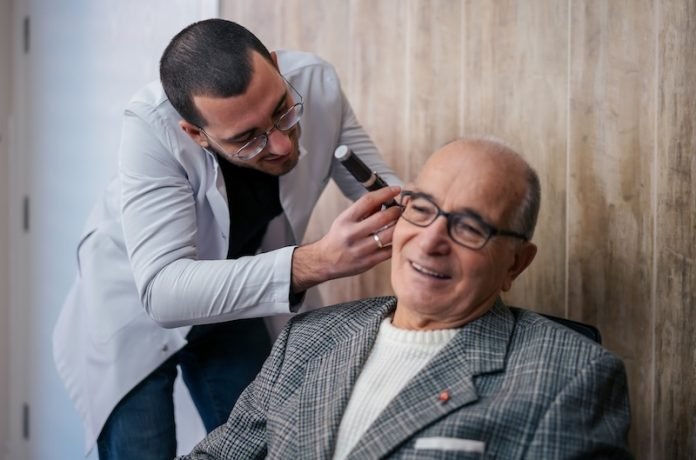
A new study from the University of Oulu in Finland offers fresh insights into the health implications of environmental noise.
Long-term exposure to noise, particularly from traffic, has been recognized as a significant public health issue, with potential risks including hearing loss and, as some studies suggest, obesity.
However, the quality of evidence linking noise exposure to obesity has been rated as low by the World Health Organization, indicating a need for more in-depth research.
Exploring the Connection Between Hearing and Body Constitution
Led by doctoral researcher Yiyan He, the team at the University of Oulu embarked on a study to explore the causal relationship between body constitution and hearing loss.
The study specifically aimed to determine whether hearing function is a crucial factor in understanding the association between noise exposure and obesity.
The research utilized data from large-scale genome-wide association studies (GWAS) available in public repositories, such as the UK Biobank, FinnGen, and the GIANT consortium.
Focusing on participants mainly aged between 52 and 63 years, the study sought to uncover patterns and connections within this demographic.
Key Findings: Hearing Impairment and Body Weight
Contrary to some expectations, the study found that increased adiposity-related measures (like higher body fat percentage and BMI) do not directly cause hearing loss.
However, it revealed a surprising association: in the European-descent adult population, age-related hearing impairment might lead to lower body mass index (BMI) and reduced body fat percentage.
This finding suggests a unique and previously underexplored relationship where hearing impairment in older adults may influence their body weight and fat composition.
Implications and Challenges for Public Health
The study’s lead researcher, Yiyan He, highlights the significance of these findings, particularly for older individuals experiencing hearing loss.
The research suggests that these individuals might face challenges related to weight loss and reduced fat, potentially leading to undernutrition.
This underscores the importance of providing increased nutritional support to this vulnerable group, as they navigate the complexities of managing hearing loss alongside maintaining a healthy body weight.
Conclusion: A New Perspective on Hearing and Health
This study from the University of Oulu sheds light on the intricate interplay between environmental factors like noise exposure, hearing health, and body constitution.
By challenging preconceived notions and uncovering new associations, it paves the way for a better understanding of how hearing impairment can impact body weight and overall health, especially in older adults.
This research underscores the importance of a holistic approach to public health, considering a range of environmental and physiological factors in maintaining well-being.
If you care about hearing loss, please read studies about antibiotic drug that can lead to hearing loss, and whether you should get an hearing aid or see a specialist.
If you care about dementia, please read studies about how the Mediterranean diet could protect your brain health, and these antioxidants could help reduce dementia risk.
The research findings can be found in Scientific Reports.
Copyright © 2023 Knowridge Science Report. All rights reserved.



